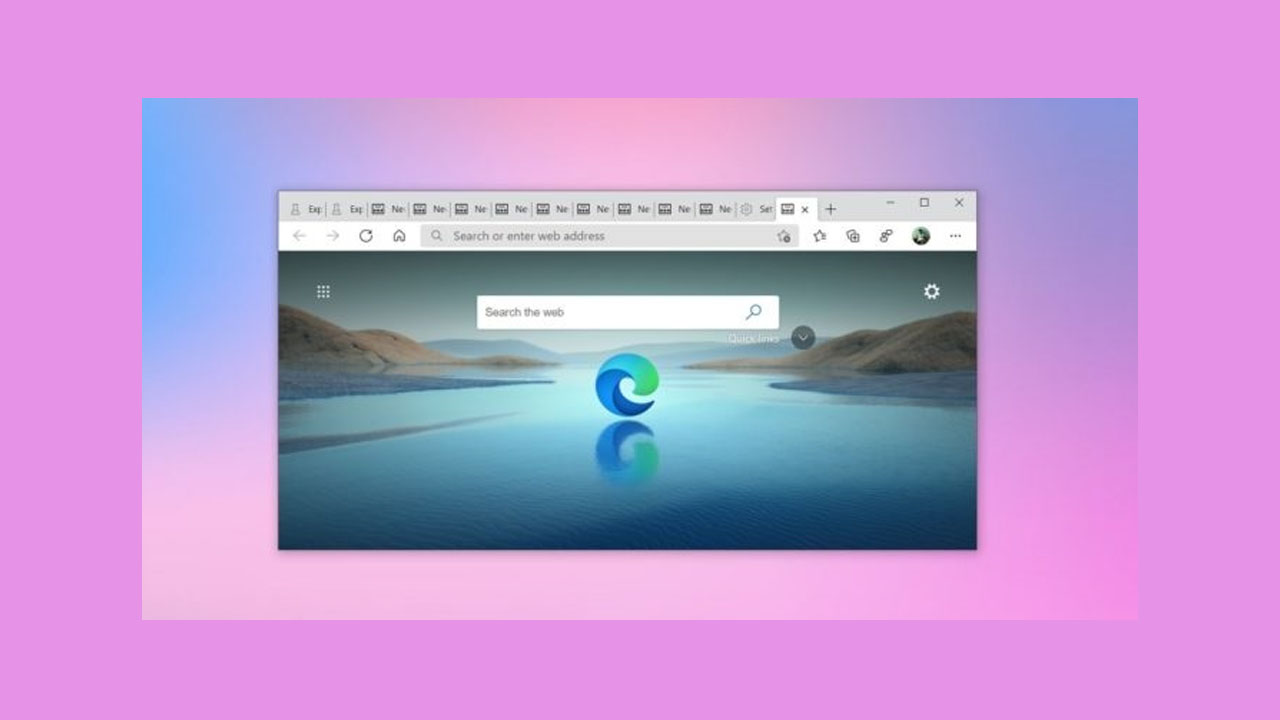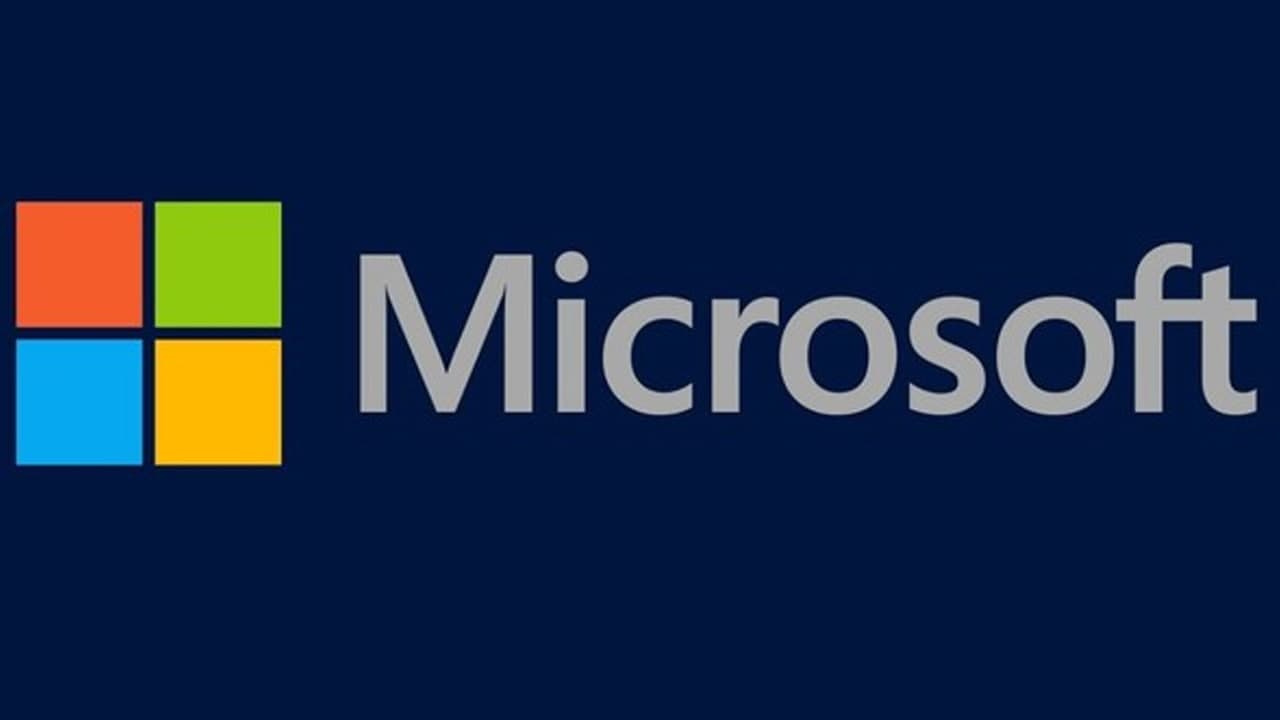Microsoft Edge team, Microsoft is searching for the improvement of the electronic ink function of web pages based on Chromium browsers. In a code submission, Microsoft pointed out that it will turn off some features of ‘predictive drawing’ to improve the new experimental features supported by ink in the browser.
This will allow Microsoft partners to test their new APIs and enable forecasting again when they have greater confidence in the best forecast. In another proposal, Microsoft revealed that it will add support for the ‘hover state’ to Chromium’s existing ‘DelegatedInkMetadata’ feature.
Currently, when you use the mouse to draw and the left button is released, the ink trace will continue briefly in the browser. This happens when the Edge or Google Chrome process is not aware of the ink function.

Microsoft’s solution will take a while for the renderer to process the event and send an updated command to the browser to tell it to stop further development. ‘This CL is the first step to fix this problem by tracking the state of the left mouse button on DelegatedInkMetadata,’ Microsoft pointed out in a bug post.
For the Chromium-based Edge browser, Microsoft has confirmed that the browser will have several new ink improvements. For example, future updates will implement a new inking experience for users who use a stylus on PDF and switch between stylus and touch.
Microsoft is also developing a new feature that can automatically detect the stylus and turn off the ink by touching it so that you can easily scroll and draw with the stylus. For those users who use a mouse, Microsoft has launched the ‘Web Capture’ feature that supports ink and plans to further improve this experience.
Furthermore, to the ink splashing function, Microsoft is also exploring providing a new context menu, download manager, and scrolling improvements for the Chromium version of Edge.

(Source)




